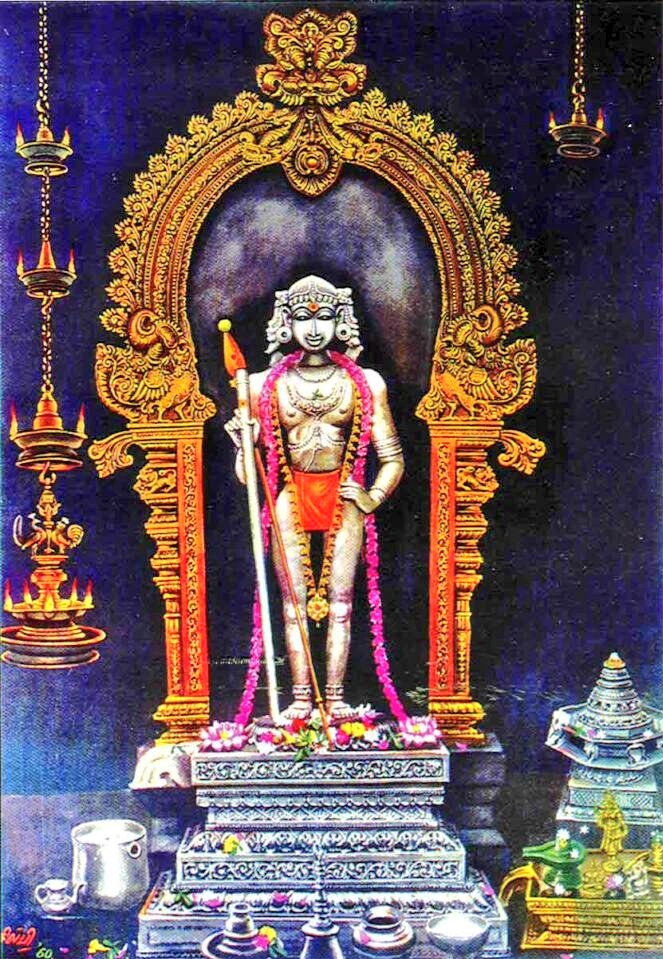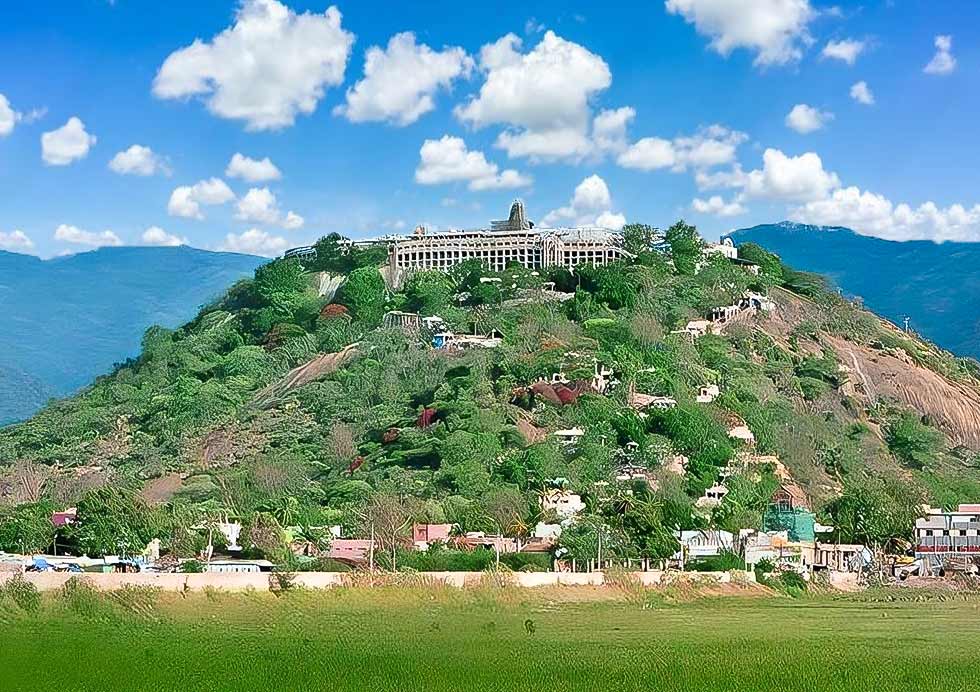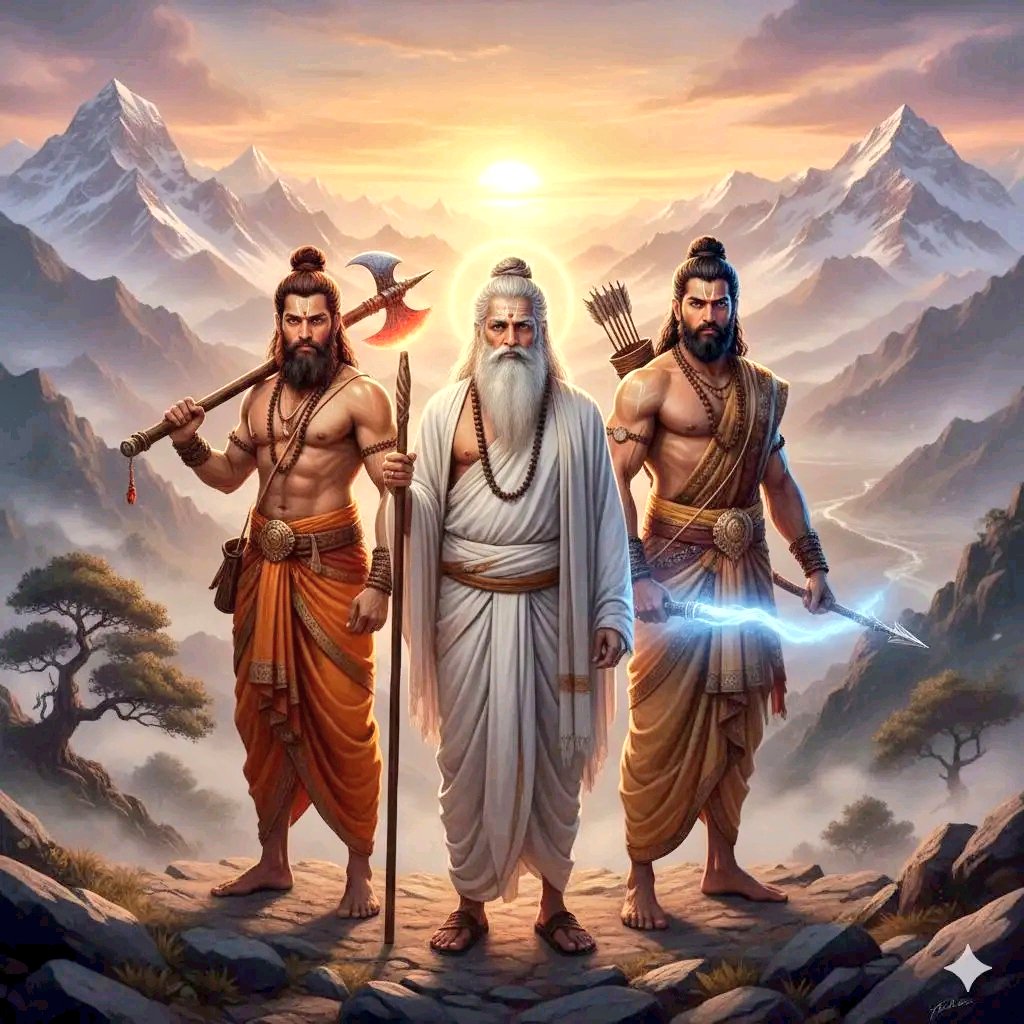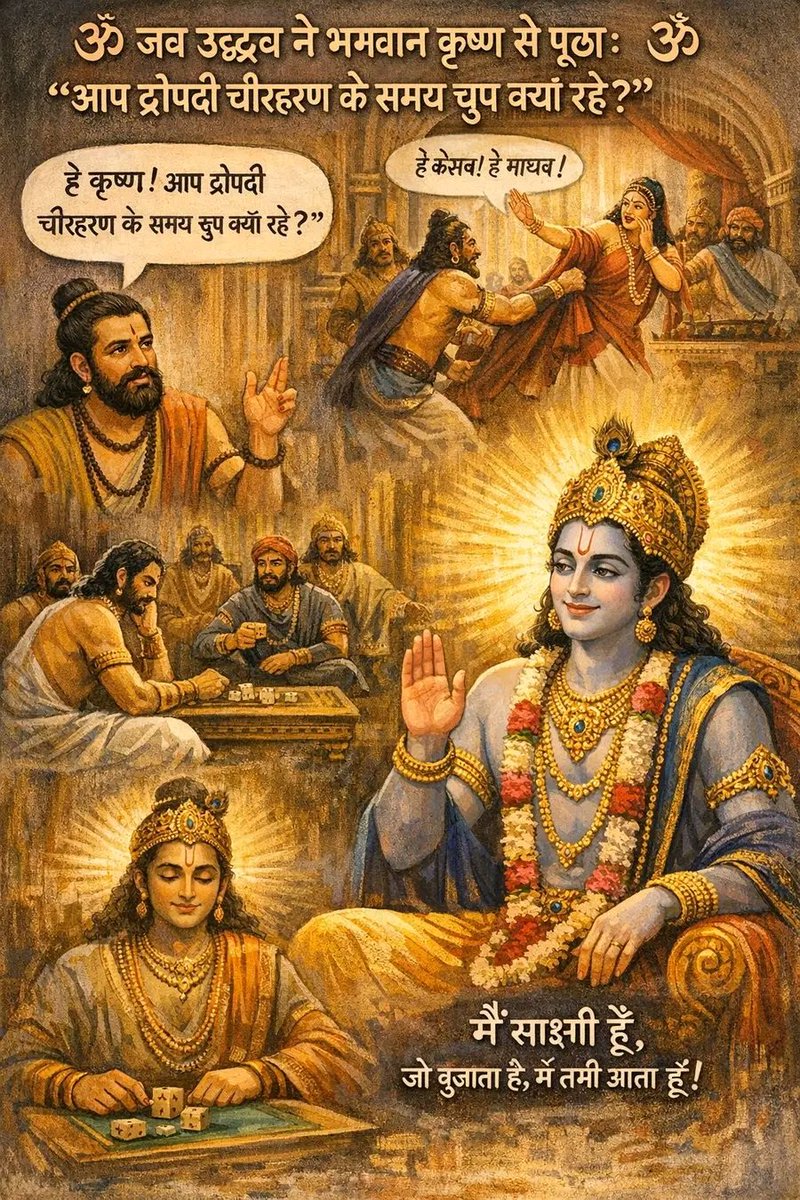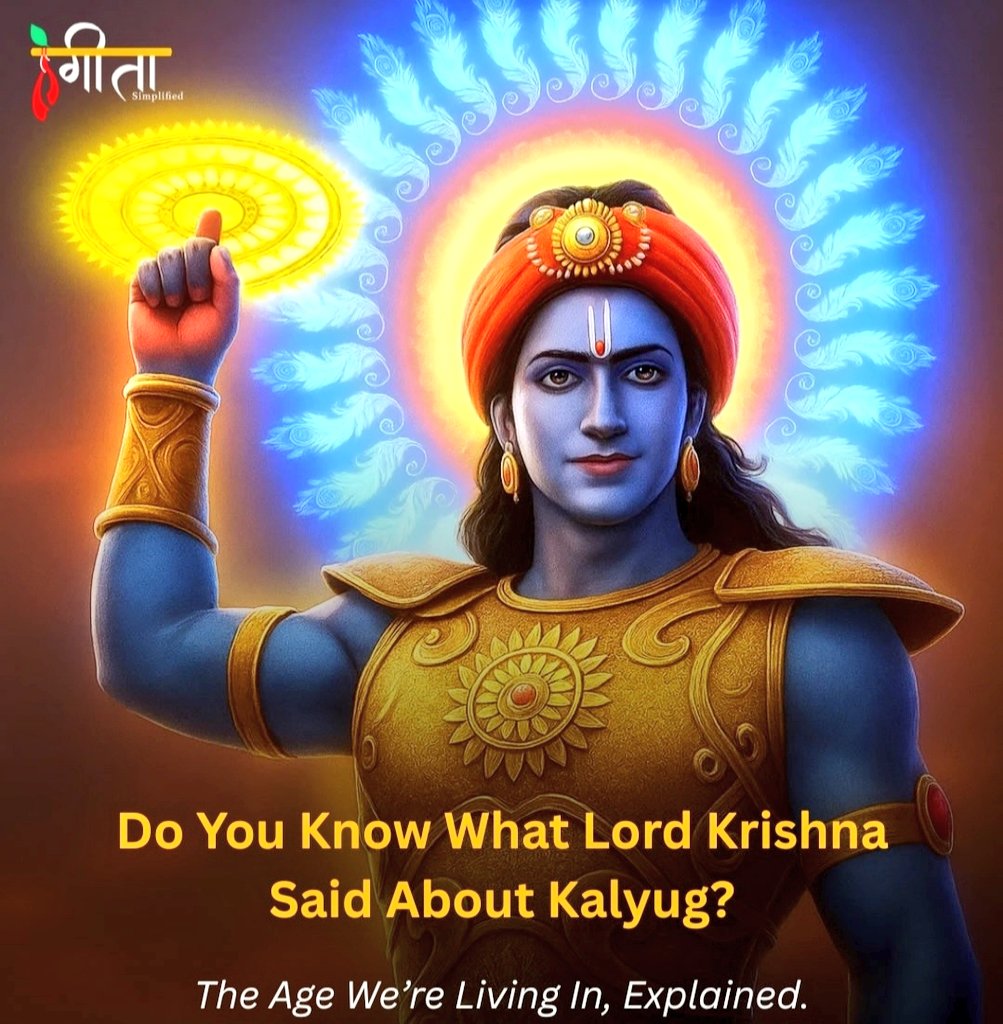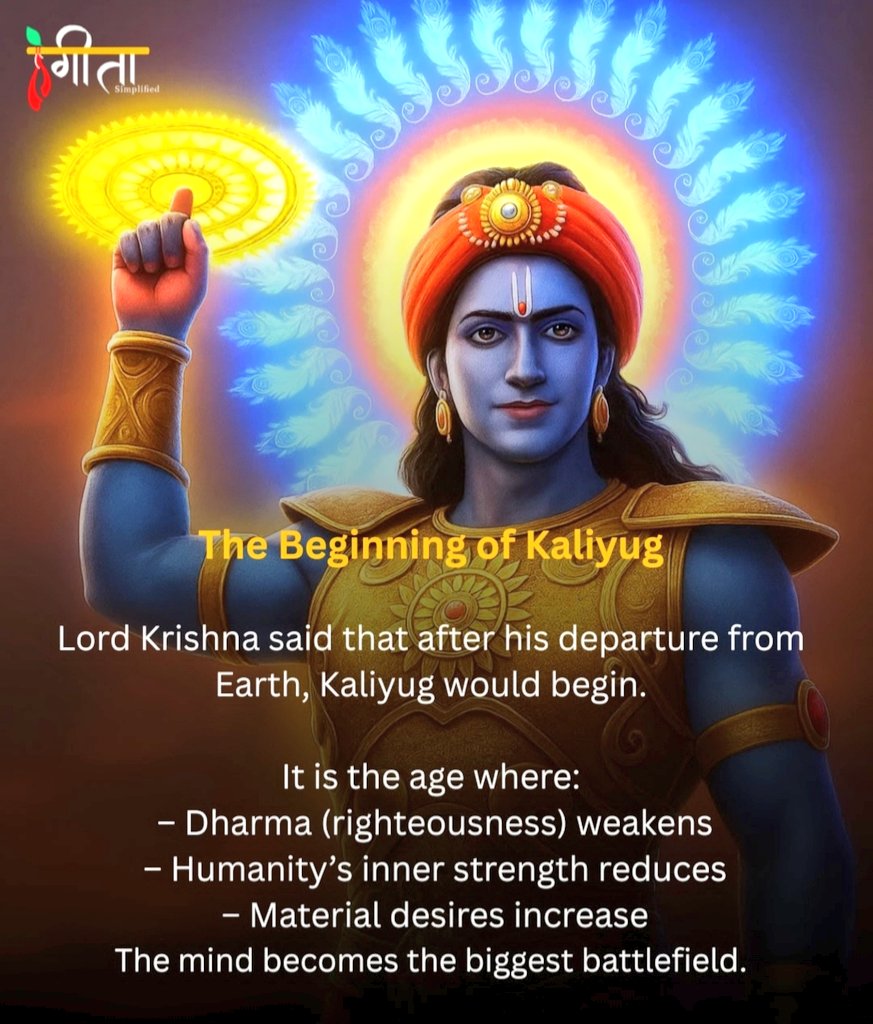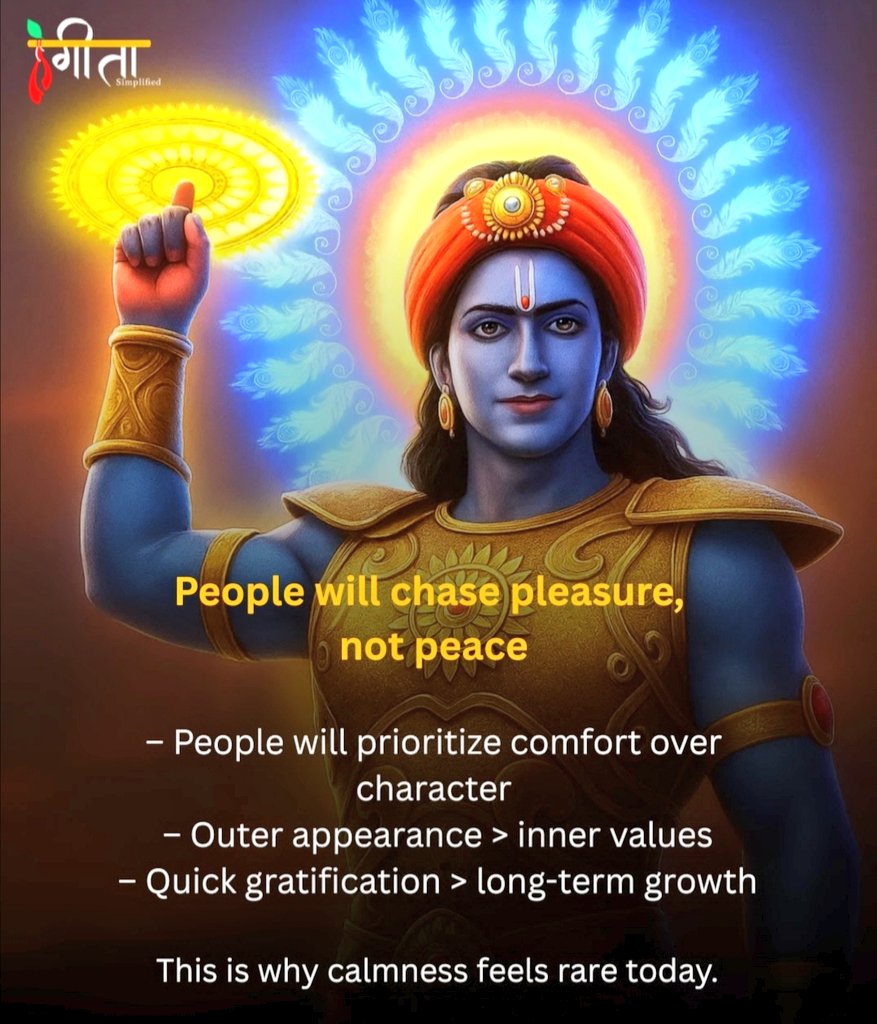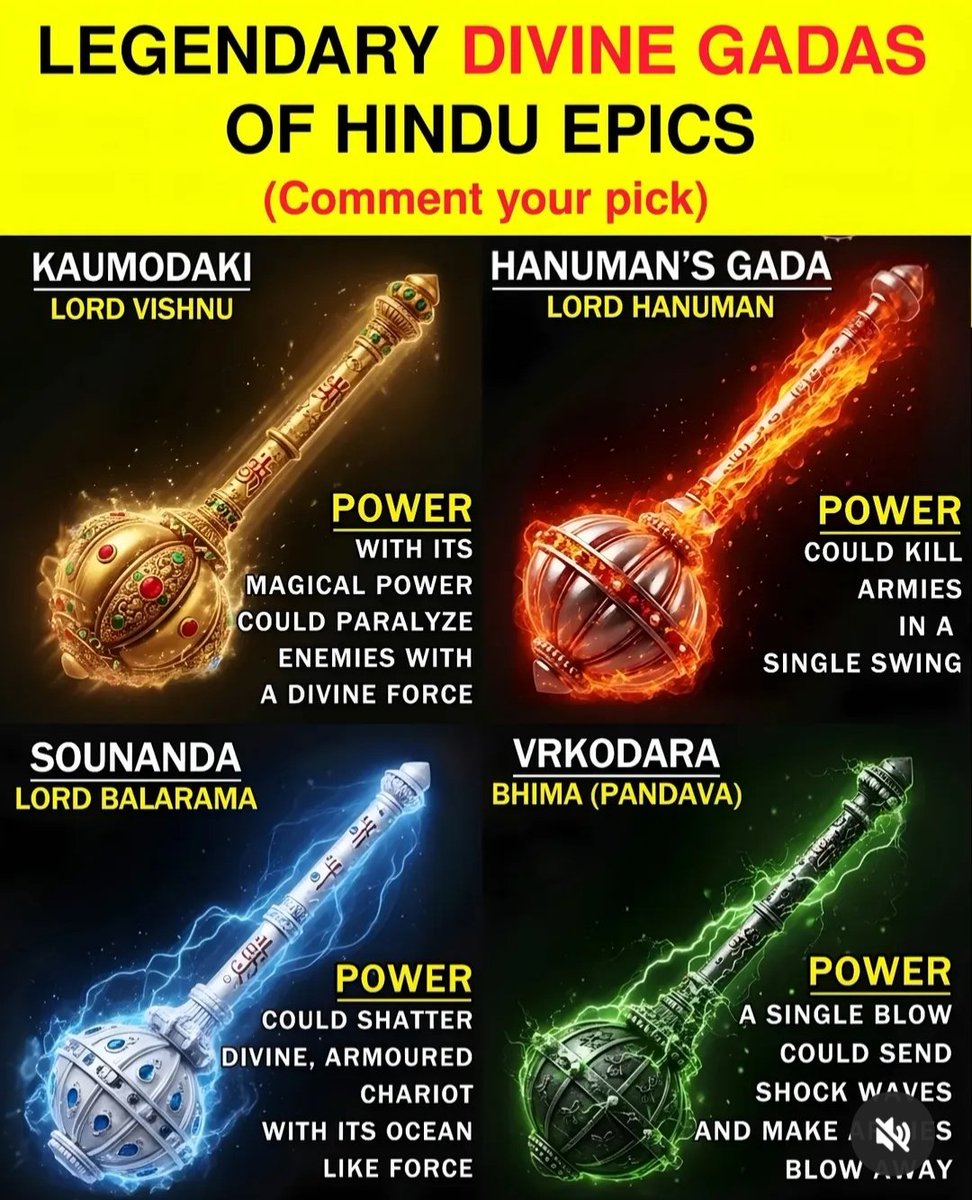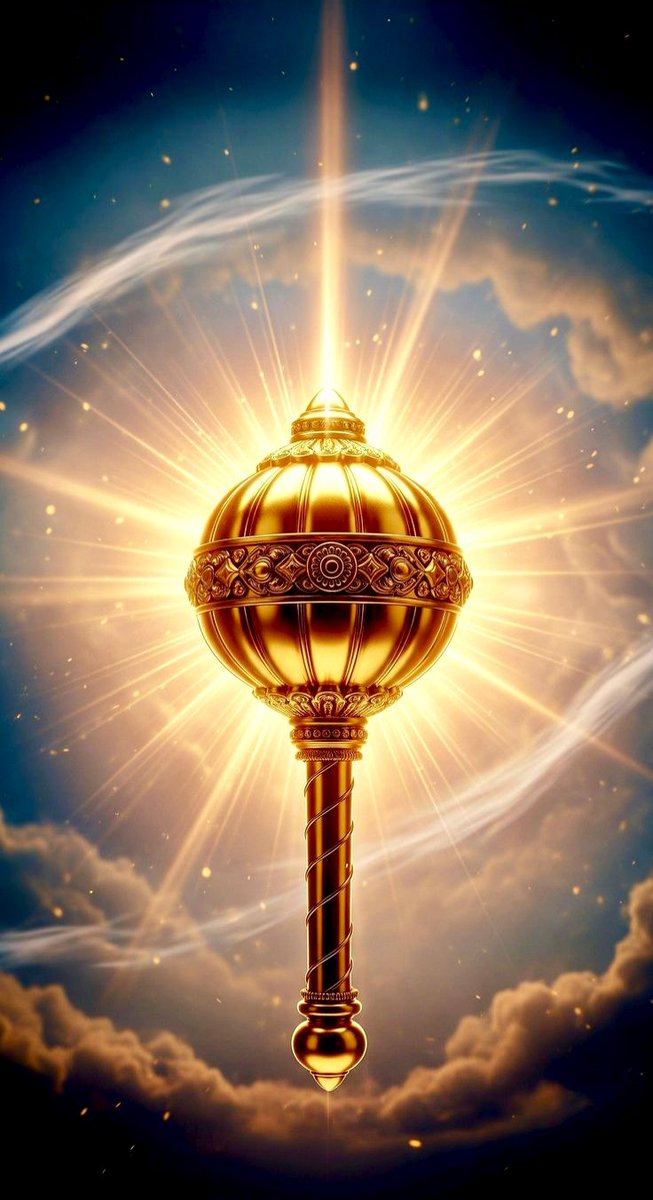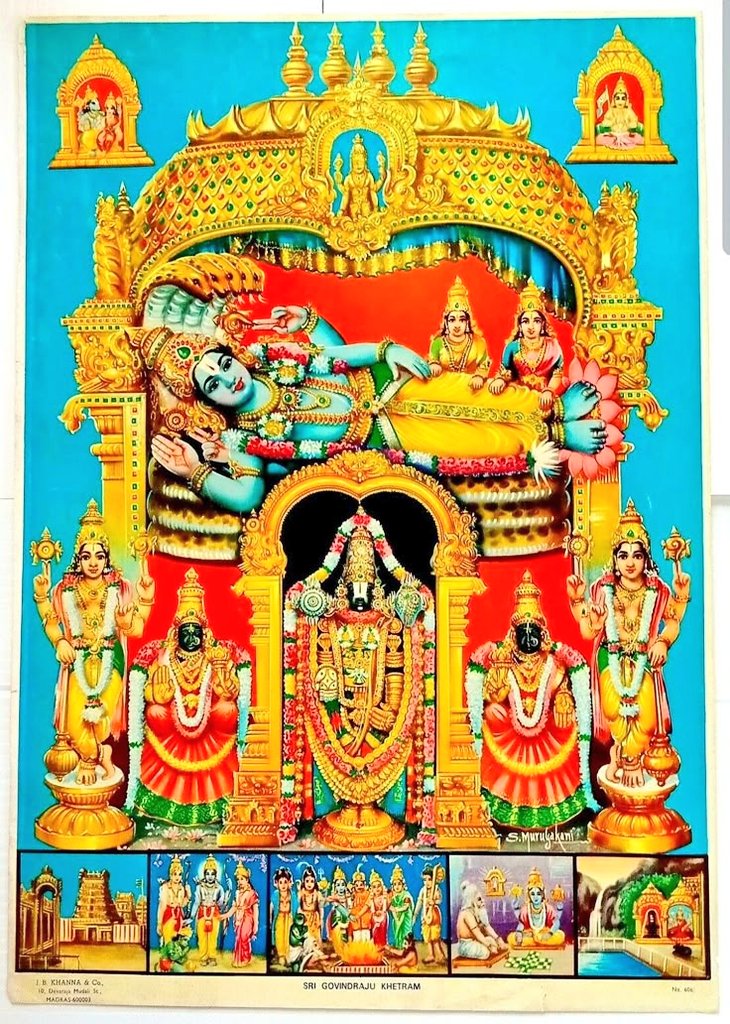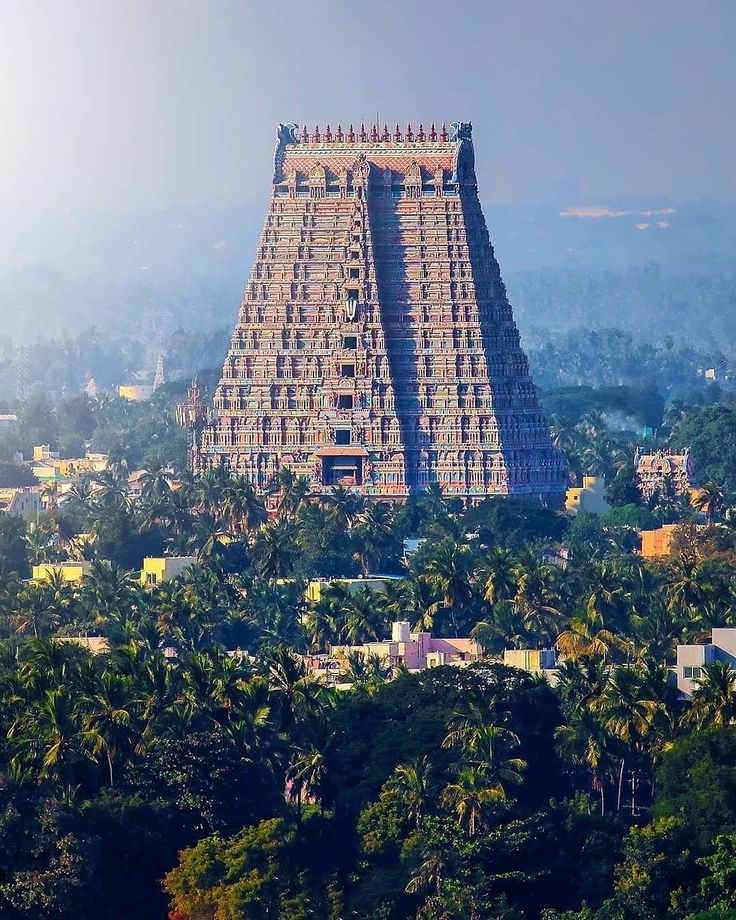Do you know?
We have 5 different Kailash mountains located in India and Tibet which are collectively named as Panch Kailash.
Panch Kailash Yatra is considered very important for Shiva devotees to attain salvation.
twitter.com/i/spaces/1kvJp…
We have 5 different Kailash mountains located in India and Tibet which are collectively named as Panch Kailash.
Panch Kailash Yatra is considered very important for Shiva devotees to attain salvation.
twitter.com/i/spaces/1kvJp…

All 5 Kailash are located in the Himalayan range. Most travelers consider Panch Kailash Yatra to be a journey of truth and a great spiritual experience, let us know briefly about the Kailash mountains included in Panch Kailash Yatra.
1. Adi Kailash (Chhota Kailash)
Adi Kailash (Chhota Kailash) is located within the Indian border region, close to the Indo-Tibetan border, Chhota Kailash is located in Dharchula district of Uttarakhand. The region is full of exquisite natural beauty, peace and sovereignty.
Adi Kailash (Chhota Kailash) is located within the Indian border region, close to the Indo-Tibetan border, Chhota Kailash is located in Dharchula district of Uttarakhand. The region is full of exquisite natural beauty, peace and sovereignty.

This area is very quiet, this place proves to be the best for travelers looking for peace! Many people get confused with Adi Kailash and Main Kailash due to the common form. A lake is located near Adi Kailash called "Parvati Tal".
twitter.com/i/spaces/1OwGW…
twitter.com/i/spaces/1OwGW…

2. Kinnaur Kailash
Kinnaur Kailash is located in the Kinnaur Valley of Kinnaur district of Himachal Pradesh. Its height is about 6050 meters. It has a Puranic history of its own, according to legends Kinnaur is a lake built by Devi Parvati near Kailash, which she...
Kinnaur Kailash is located in the Kinnaur Valley of Kinnaur district of Himachal Pradesh. Its height is about 6050 meters. It has a Puranic history of its own, according to legends Kinnaur is a lake built by Devi Parvati near Kailash, which she...

...has built for worship known as"Parvati Sarovar". This place is also considered to be the meeting place of Bhagwaan Shiva and Devi Parvati.According to the locals,a pair of birds live on the top of this mountain. People consider these birds as Devi Parvati and Bhagwaan Shiva. 

This Kailash is considered very spiritual because no matter how much snow fell in the entire region, Kinnaur Kailash never gets covered with snow.
3. Shrikhand Kailash
Srikhand Kailash is located in Kullu district of Himachal Pradesh, its height is about 5227 meters...
3. Shrikhand Kailash
Srikhand Kailash is located in Kullu district of Himachal Pradesh, its height is about 5227 meters...

...above sea level, to reach here many glaciers have to be cross through the Himalayan ranges. According to a Puranic legend about this mountain, it is said that Bhasmasura attained a boon by doing penance on this mountain and pleased Bhagwaan Shiva. 

Bhagwaan Shiva gave Bhasmasura a boon to burn anyone by placing his hand on his/her head. Bhasmasura tried to lay his hand on Bhagwaan Shiva's head for the purpose of checking the truth of his boon, then Bhagwaan Shiva ran away from there, after that...
...Bhagwaan Vishnu took the form of Mohini and started dancing with Bhasmasura & and tricked Bhasmasura in such a way that he himself put his hand on his head. According to the legends, Bhasmasura got burned on this mountain and thus Bhagwaan Shiva was saved by Bhagwaan Vishnu. 

4. Chamba Kailash (Manimahesh Kailash)
Manimahesh Kailash is located in Chamba district of Himachal Pradesh, hence it is also known as Chamba Kailash. Its height is about 5653 meters, it is situated 26 km away from the Bhudhil valley.
Manimahesh Kailash is located in Chamba district of Himachal Pradesh, hence it is also known as Chamba Kailash. Its height is about 5653 meters, it is situated 26 km away from the Bhudhil valley.

Manimahesh lake near Manimahesh Kailash flows at an elevation parallel to Manasarovar lake, till date no visitor has completed the climb of this mountain. In 1968, a woman named Nandini Patel tried to climb this mountain but had to stop the expedition in the middle.
According to Puranic legends, Bhagwaan Shiva built this mountain before marrying Devi Parvati. There is a belief that it is one of the abodes of Bhagwaan Shiva and Bhagwaan Shiva often visits here with Devi Parvati.
5. Mount Kailash (Main Kailash)
Mount Kailash is located in Tibet, it is the tallest of all Kailash mountains with a height of 6638 meters. This place is considered very important not only in Hinduism but also in Buddhism, Jainism etc.
Mount Kailash is located in Tibet, it is the tallest of all Kailash mountains with a height of 6638 meters. This place is considered very important not only in Hinduism but also in Buddhism, Jainism etc.
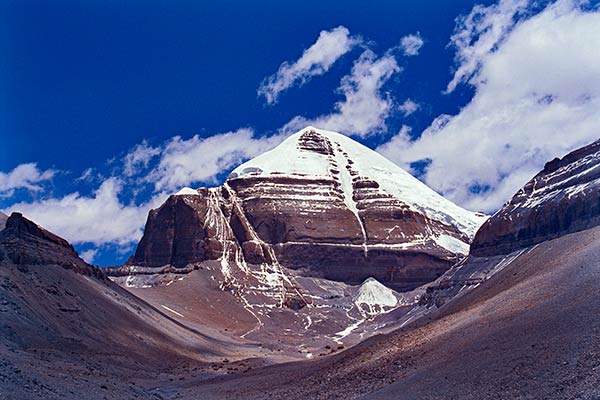
According to Hindu Puranic legends, Bhagwaan Shiva use to reside here & use to meditate here. It is beleive that Kailash Parvat use to offer spiritual liberation, salvation and bliss to devotees of Bhagwaan Shiva as well as followers of other religions.
Mansarovar and Rakshasthal are located near Mount Kailash.
Nobody has climbed Mount Kailash till date, even though the tallest mountain of the World, Mount Everest has been climbed several times.
Nobody has climbed Mount Kailash till date, even though the tallest mountain of the World, Mount Everest has been climbed several times.

• • •
Missing some Tweet in this thread? You can try to
force a refresh



